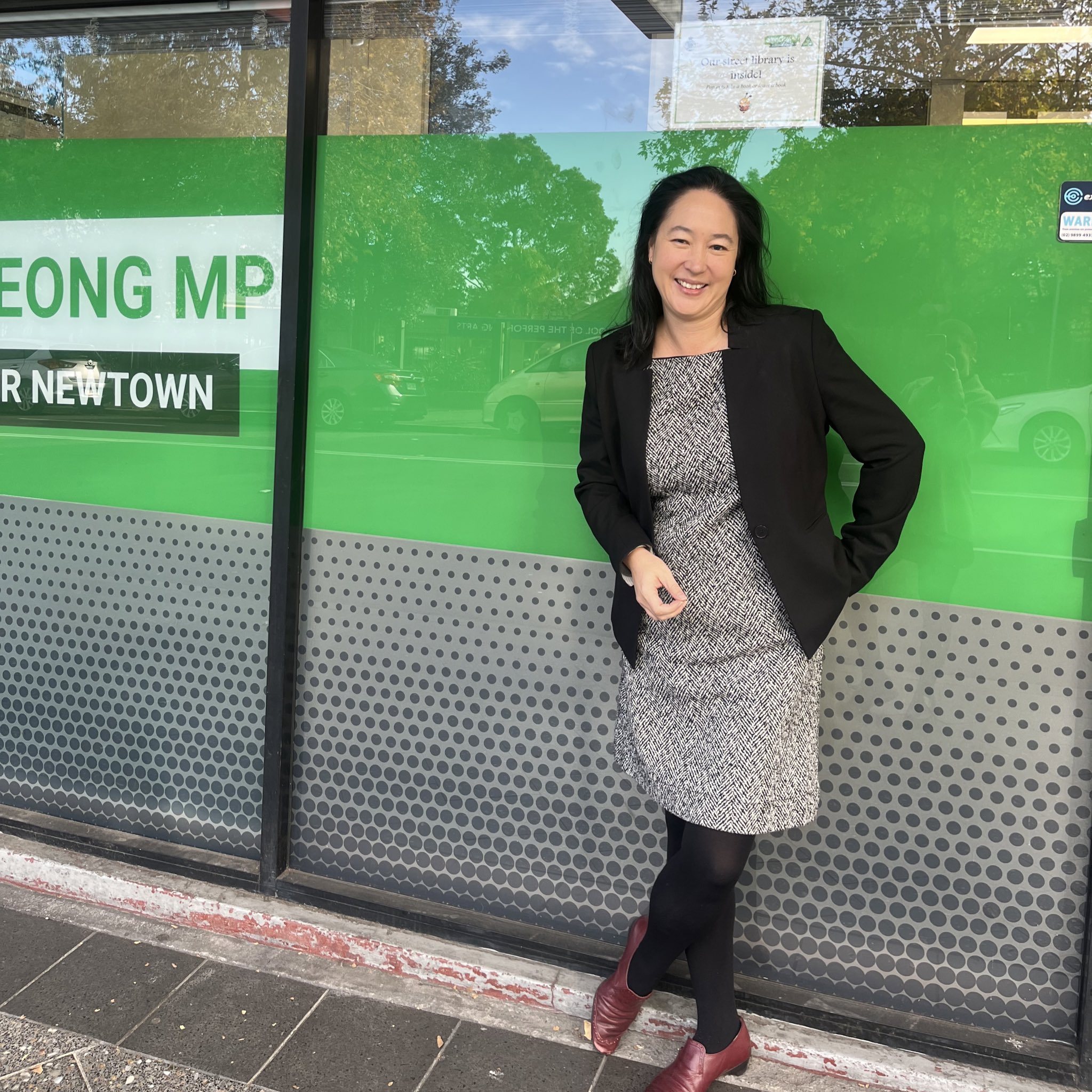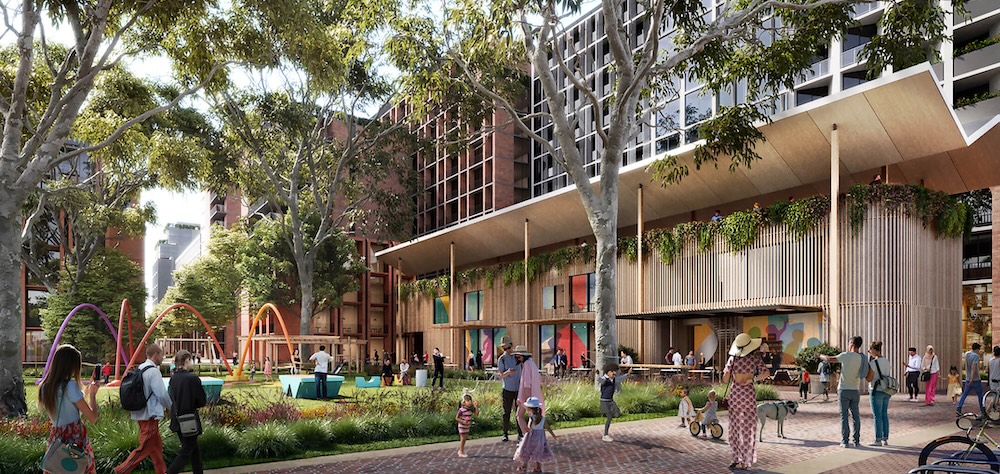

By LAUREN FROST
The Construction Forestry Mining Energy Union (CFMEU) is launching a nation-wide campaign urging the Government to introduce a super profits tax to fund the construction of social and affordable housing.
Next month, the CFMEU plans to move a motion at Labor’s national conference insisting that the party adopt their proposed super profits tax.
Oxford Economics Australia was commissioned by the CFMEU to produce a report on the proposal. It found that $29 billion could be raised annually by introducing an economy-wide permanent 40% tax on the excess profits of mining projects and non-mining companies that exceed $100 million in annual turnover.
This would be enough to construct 750,000 new social and affordable homes by 2041 and would only apply to companies producing whopping profits, approximately 0.3% of companies in Australia.
CFMEU secretary Zach Smith said that the tax would fund the construction of 53,000 homes per year.
“Building 53,000 genuinely affordable homes each year to 2041 will be a challenge, but will also have significant benefits for the nation if done correctly,” said Ross.
“The scale of the challenge continues to grow the longer we wait to get started in earnest. Federal, state and local governments all need to ensure they are assisting to meet the needs of the community both by ensuring homes are made available and that the private rental sector is not causing harm.”
“The private rental sector is putting pressure on the community through unfair evictions, rent setting and poor quality which increases the need to fund genuinely affordable housing such as public housing.”
Housing crisis worsens as politicians debate the best course of action
Although Anthony Albanese admonished the Greens for holding up the production of affordable housing as they push the government to guarantee increased spending on housing and implement a rental freeze, Jenny Leong, Greens Member for Newtown and Spokesperson for Housing maintains that, “it’s very exciting to see the CFMEU campaigning for this big picture solution to tackling the housing crisis.”
That’s 3000 more homes from one provider alone.
And they’re being held up while the Coalition and the Greens play politics, and waiting lists for homes grow. pic.twitter.com/4vpN9nm1ZI
— Anthony Albanese (@AlboMP) July 14, 2023
“Taxing billionaires and big businesses would make sure the mega-wealthy pay their fair share – and help fund the public housing our communities so desperately need,” she told City Hub.
“Everyone in NSW should have access to a home they can afford. The chronic housing crisis in NSW means we need to think big and that’s why the Greens back these kinds of measures, as well as an immediate freeze on rents and an end to homelessness.”

However, the Liberal Party is not so fond of the proposed super tax.
Speaking for the party, Shadow Treasurer Angus Taylor told City Hub that, “raising taxes and sapping private sector incentive is no way to solve Australia’s housing crisis.”
“Higher taxes will ultimately be passed back onto consumers through higher prices, smaller pay packets or a smaller tax base. These aren’t faceless organisations: all Australians will be affected by these taxes through their superannuation funds,” he continued.
“Higher taxes won’t build more houses and heavy-handed government intervention will not unclog housing supply backlogs.”
Housing activists, however, could not disagree more.
Activists happy with CFMEU proposition but some demand more
“Corporations and wealthy people should all be paying a lot more to make sure the rest of us have what we need to cover the basics,” Kristin O’Connell said on behalf of the Antipoverty Centre.
Although the Antipoverty Centre supports the super tax proposal made by the CFMEU, O’Connell said that the “CFMEU and unionists should demand more of our politicians”.
“We call on the CFMEU to provide specifically public housing,” said O’Connell, also urging the CFMEU to support a ban on the demolition of perfectly habitable public housing.
O’Connell notes that affordable housing, as opposed to public housing, remains tied to market rent and is only available to those in paid employment.
“We know building 30,000 public homes a year is achievable because we did it in the last century,” she said, assuring that the “private rental market will see the flow on benefit” from an increased public housing stock.
Similarly, Emma Greenhalgh, CEO National Shelter told City Hub that “The fact we are having the debate about how we fund social and affordable housing highlights the absolute need that exists in our community and the scale of crisis.”
“National Shelter’s policy position for some time has been that there is a clear role for the federal government in the delivery of social and affordable housing. It is a role where the federal government has been absent for nearly a decade and has returned to in the past 12 months,” she continued.
“We need an ongoing and reliable investment in social and affordable housing to meet the demand because previous investment has been unreliable, subject to the electorate cycle, and made the situation worse.”
“The proposal from the CFMEU for a super profits tax to fund social and affordable housing reinforces our position for Commonwealth leadership and investment, and genuine proposals for ongoing, secure funding for social and affordable housing in perpetuity are always welcomed,” she said.
Leo Patterson Ross, Chief Executive Officer of the Tenant’s Union of NSW, told City Hub that the proposition by the CFMEU is a welcome one.
“We welcome the CFMEU’s contribution in trying to lift the ambition of our nation’s approach to housing,” he said.
“In one of the wealthiest nations in the world, people are missing out on a safe, healthy reliable and affordable home – this needs to change.”
It seems that whilst the CFMEU is calling for a much-needed solution to the housing crisis, some housing activists believe more should be done.
“It’s good to see unions starting to speak about quality, but this is only a very tiny step in the right direction and is still not ambitious enough,” O’Connell said.









